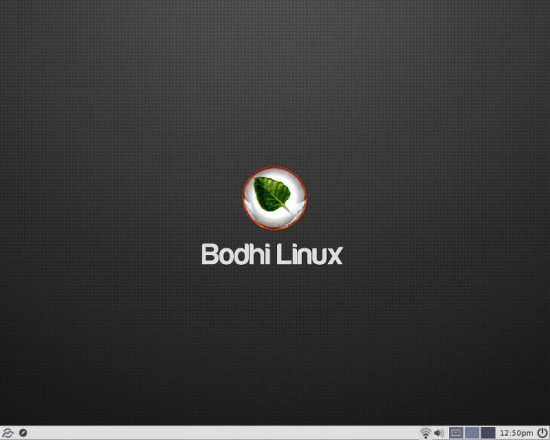Ever since I bought my roommate a second generation Nexus 7 tablet a few years back for Christmas, I’ve been intrigued by the possibilities the small form factor offers. The problem is that Android is geared almost solely to push e-commerce, and to that end wants to share information with practically everyone. Even worse, it’s not really free-as-in-freedom.

Things are looking up for those of us who think we might like using a tablet if only we could find one with a real honest-to-goodness operating system like good ol’ GNU/Linux. There are a couple of Linux based tablets in the pipeline now — with one already taking preorders for a second-round limited production run and the other promising to take preorders any day now.
Christine Hall has been a journalist since 1971. In 2001, she began writing a weekly consumer computer column and started covering Linux and FOSS in 2002 after making the switch to GNU/Linux. Follow her on Twitter: @BrideOfLinux



 Meanwhile, in the world of free tech…
Meanwhile, in the world of free tech… The good guys and gals at Linux Mint are on a roll, with three long-term support (LTS) releases in a row. It all started back in May of last year, with the release of 17.0, called Qiana, followed in January by
The good guys and gals at Linux Mint are on a roll, with three long-term support (LTS) releases in a row. It all started back in May of last year, with the release of 17.0, called Qiana, followed in January by 
 Welcome to the team, Hunter!
Welcome to the team, Hunter! The Bodhi development folks have been busy bees since lead developer Jeff Hoogland returned to retake his place beneath the Bodhi tree. First, there was the release of version 3.0.0 back in February. Then, a couple of weeks ago came the release of 3.1.0. Although this might be supposed to be a “minor” point grade release, it’s a “big deal” according to the distro’s website. Why? Because it introduces a new desktop called Moksha.
The Bodhi development folks have been busy bees since lead developer Jeff Hoogland returned to retake his place beneath the Bodhi tree. First, there was the release of version 3.0.0 back in February. Then, a couple of weeks ago came the release of 3.1.0. Although this might be supposed to be a “minor” point grade release, it’s a “big deal” according to the distro’s website. Why? Because it introduces a new desktop called Moksha.
 Learning of this, and being a big Bodhi fan, I was eager to download and install this new version to take the newly forked desktop for a spin, which I did earlier this week.
Learning of this, and being a big Bodhi fan, I was eager to download and install this new version to take the newly forked desktop for a spin, which I did earlier this week.
 “The code we’re releasing is the server side of what desktop clients connected to when syncing local or remote changes,” said Martin Albisetti, Canonical’s Director of Online Services,
“The code we’re releasing is the server side of what desktop clients connected to when syncing local or remote changes,” said Martin Albisetti, Canonical’s Director of Online Services, 


 And while using Linux may well change your life, I may have ever-so-slightly exaggerated the amount and impact of that change. Maybe just a little bit. Maybe.
And while using Linux may well change your life, I may have ever-so-slightly exaggerated the amount and impact of that change. Maybe just a little bit. Maybe.
